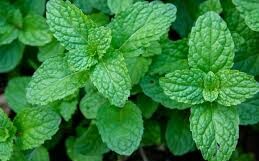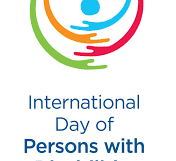National Roast Chestnuts Day
Tis the season for “Chestnuts roasting on an open fire”. Today is National Roast Chestnuts Day. This delightful holiday snack is eaten throughout the world with spices according to the region. When chestnuts are roasted, the natural sweetness of the nut is revealed, delighting our taste buds! With their fleshy interior, Chestnuts are more similar to fruits than true nuts. They have a spiny husk and a dark brown shell, both of which must be removed before eating.
Chestnuts have been a food source for thousands of years. They can be eaten raw, roasted, ground into flour, or mixed into pastries. They grow on trees in the genus Castanea, and many species in this group can live for an impressive 500 years or more. In the US and Europe, chestnuts are most commonly eaten around the holidays as a cozy snack during cold winter months.
In addition, chestnuts boast great health benefits!
While almonds and peanuts pack in the protein, chestnuts predominantly contain complex carbohydrates, which your body digests slowly for a stable energy source. Foods high in fiber and complex carbs also have a less immediate effect on blood sugar, reducing potential spikes. That makes chestnuts a good choice for diabetics. Also, the fiber found in this nut helps improve digestion and promotes the growth of healthy gut bacteria.
Chestnuts are rich in vitamin C, which makes them unique among nuts. In fact, half a cup of raw chestnuts gives you 35 to 45 percent of your daily intake of vitamin C. This nutrient helps support a healthy immune system and is also an antioxidant.
Other nutrients found in chestnuts include calcium which helps build strong bones and teeth as well as making sure our blood clots properly, iron which is important for making new red blood cells, and zinc which helps to make new cells, digest the carbs, protein and fast from our food as well as wound healing.
Chestnuts also contain all the B vitamins which are needed to help release energy from food, and vitamin E which helps to look after the health of our eyes and skin and support our immune system.
Chestnuts are a good source of antioxidants, even after cooking. They’re rich in gallic acid and ellagic acid—two antioxidants that increase in concentration when cooked.
Chestnuts support heart health because the fair amount of antioxidants and minerals like magnesium and potassium help reduce your risk of cardiovascular issues, such as heart disease or stroke. Chestnuts are a good source of these nutrients and can help boost your heart health.
Private Home Health Care encourages you to celebrate National Roast Chestnuts Day by taking part and roasting chestnuts over an open fire (or on the stovetop). Their creamy, nutty flavor will satisfy your cravings and keep you feeling full (thanks to the fiber) and cozy.
Posted in: Healthcare
Leave a Comment (4,399) →





